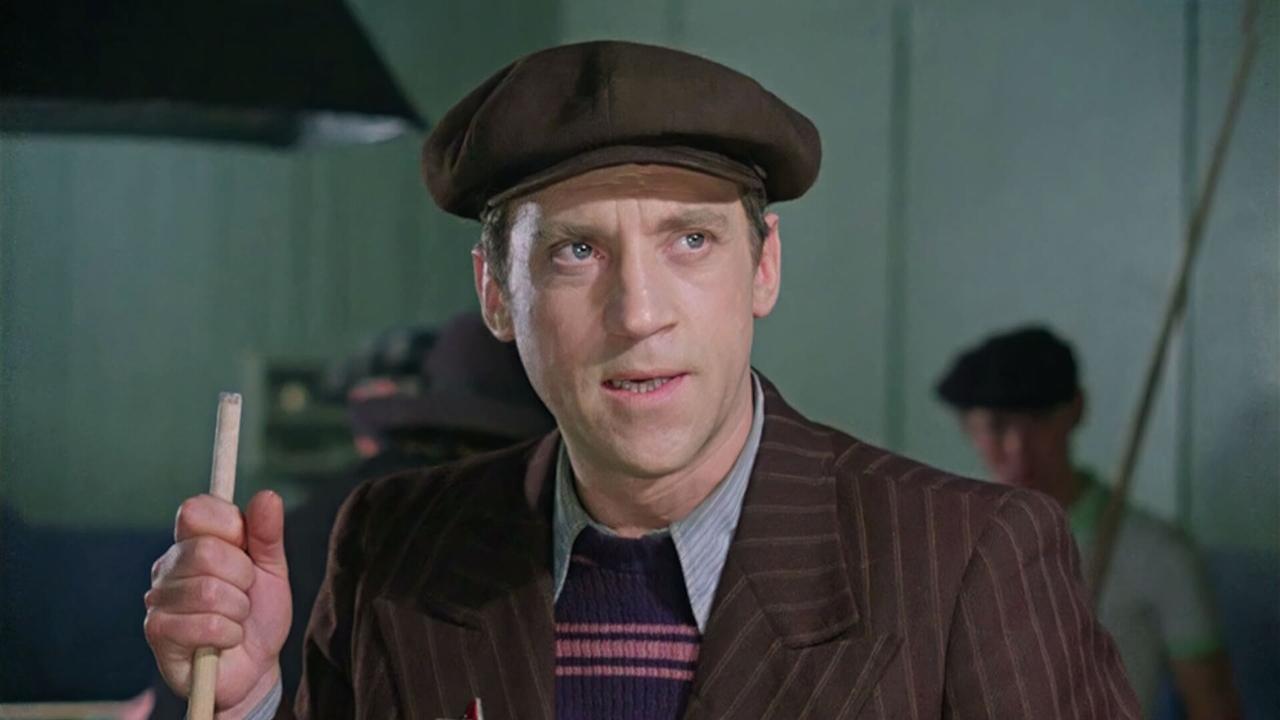
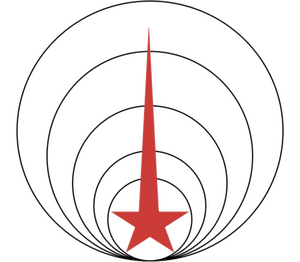
Central Television USSR
Featured Show:
The Meeting Place Cannot Be Changed
After WWII is over, a young officer Volodya Sharapov returns to Moscow to work in MUR - Moskovskiy Ugolovny Rozysk (Moscow Criminal Police). There he meets Gleb Zheglov who is a chief of a squad which fights organized crime. Their main task is to track down a gang "Chernaya Koshka" (Black Cat) which terrorizes the city. Also, they have to find out who murdered Larisa Gruzdeva. Zheglov believes it was her husband Ivan Gruzdev, but Sharapov has his doubts about it...
Central Television USSR TV Shows
124 shows • Page 5 of 7
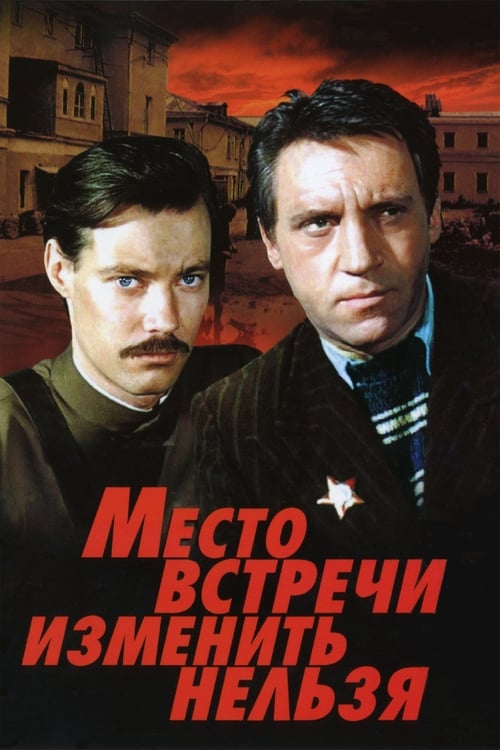
The Meeting Place Cannot Be Changed
After WWII is over, a young officer Volodya Sharapov returns to Moscow to work in MUR - Moskovskiy Ugolovny Rozysk (Moscow Criminal Police). There he meets Gleb Zheglov who is a chief of a squad which fights organized crime. Their main task is to track down a gang "Chernaya Koshka" (Black Cat) which terrorizes the city. Also, they have to find out who murdered Larisa Gruzdeva. Zheglov believes it was her husband Ivan Gruzdev, but Sharapov has his doubts about it...
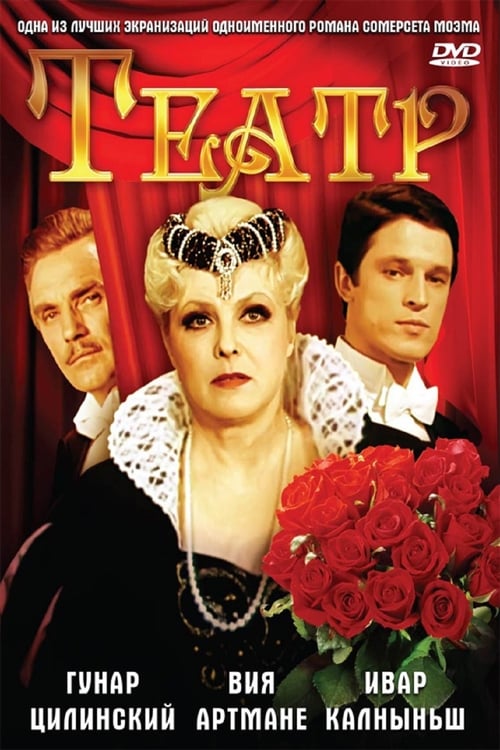
Театр
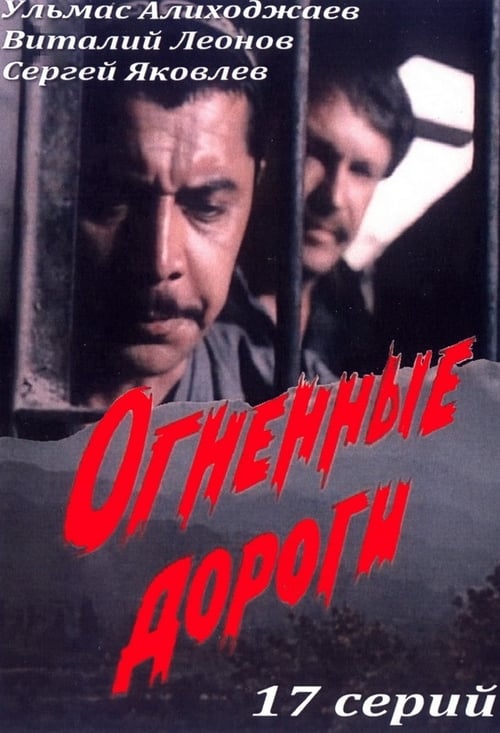
Roads of Fire
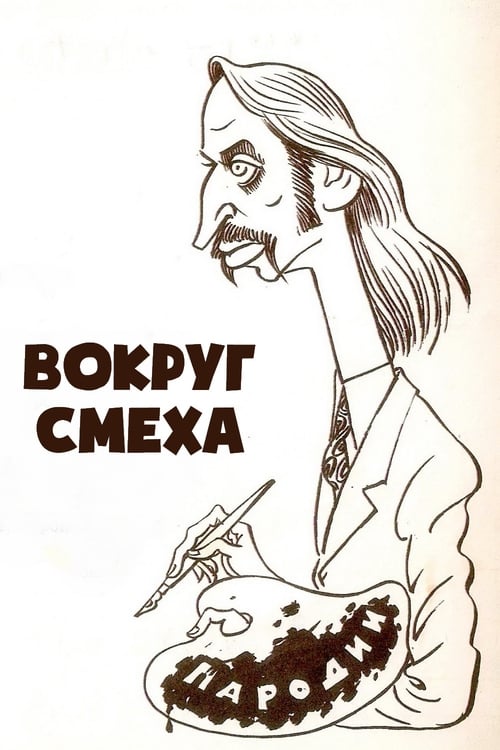
Вокруг смеха
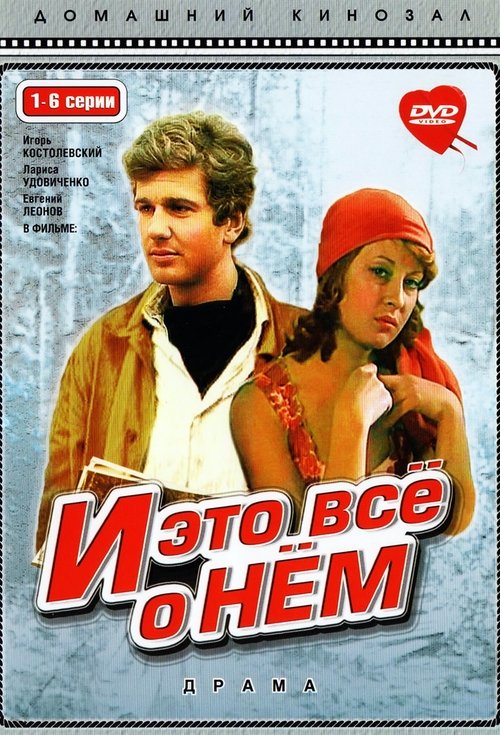
He's All That
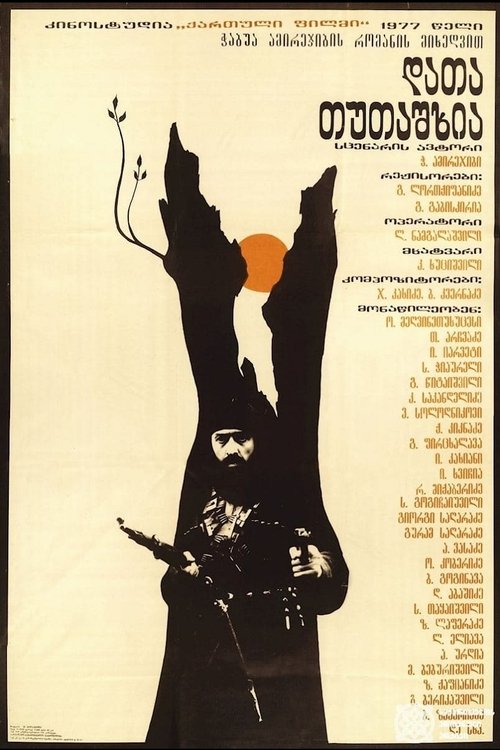
Data Tutashkhia
A just man becomes an outlaw. He is pursued by the police over the years, while he tries to fight the injustice in the world, but he can't figure out the minds of his fellow men, and is often misunderstood.
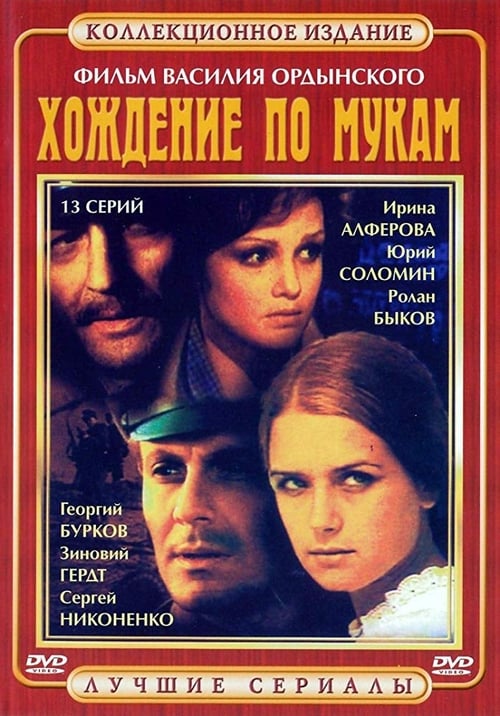
The Road to Calvary
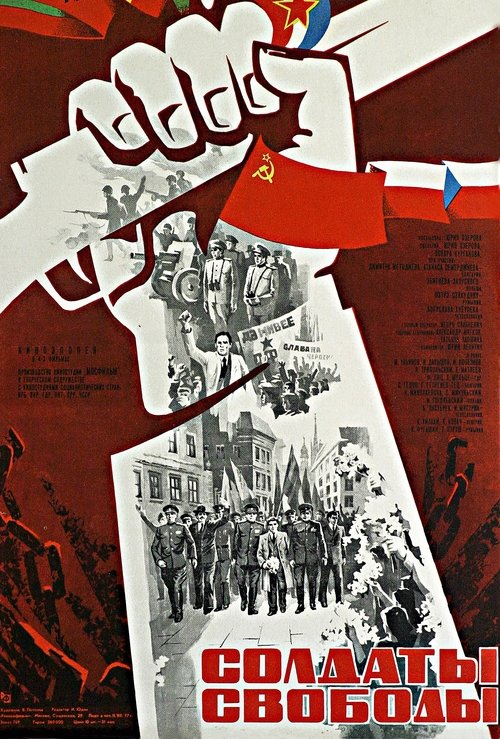
Soldiers of Freedom
The action of the epic film takes place in the second half of World War II. The plot focuses on the liberation of European countries from German occupation and the anti-fascist activities of the communist parties of these countries. After the victory at Stalingrad, a decisive turn occurred during the war. The main aim is the rallying of all patriotic forces, the creation of a national anti-fascist front in the struggling countries. The swift offensive of the Soviet troops, problems with the opening of a second front, major operations and the offensive of the Soviet army lead to the liberation of Europe. Rebellions are rising in different countries - such as the heroic uprising in Warsaw, in Slovenia, Bucharest and other cities. Brave heroes who performed immortal feats in the name of the happiness of mankind and freedom.
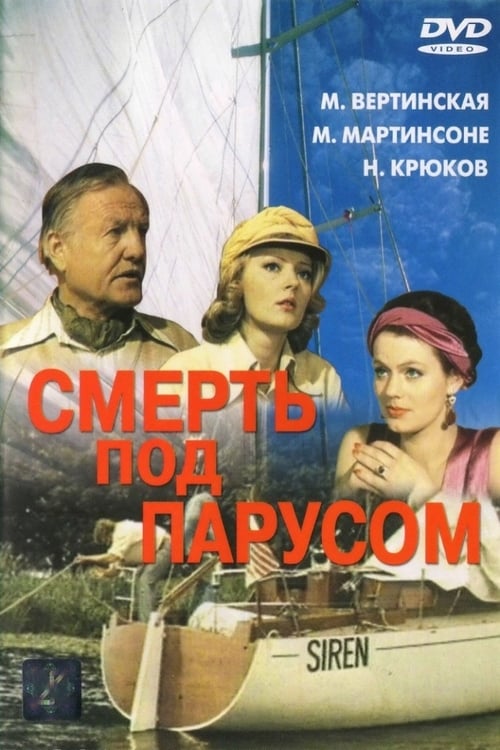
Смерть под парусом
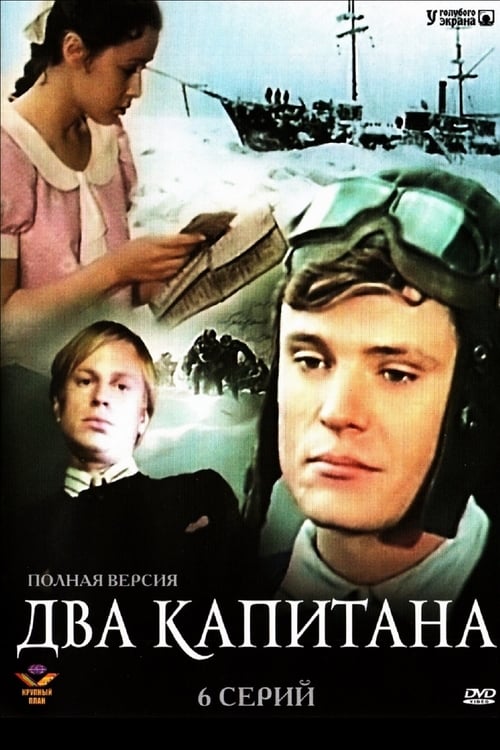
Two Captains
A passionate pilot dedicates his life to the search for a polar expedition.
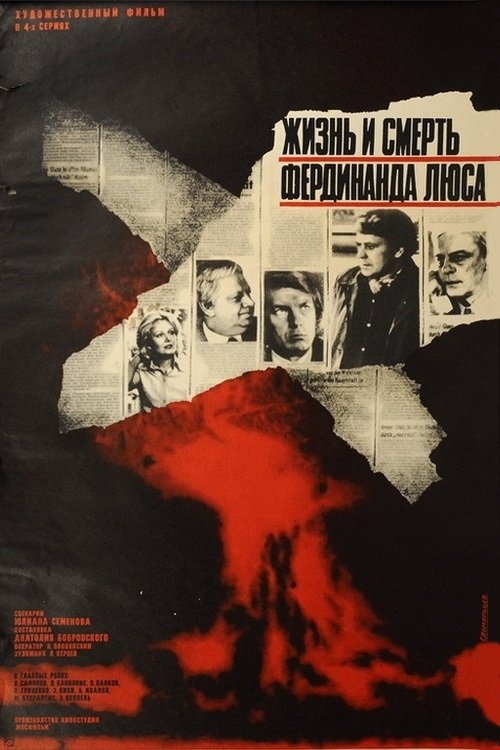
The Life and Death of Ferdinand Luce
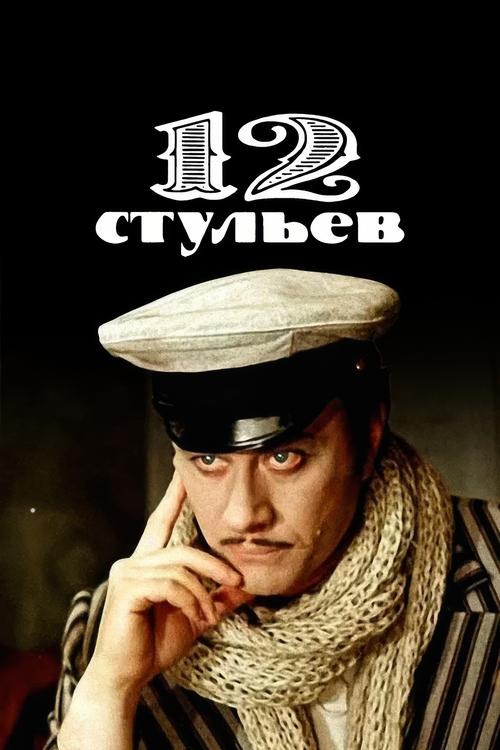
The Twelve Chairs
Set in late-1920s Soviet Union, Ostap Bender and Ippolit "Kisa" Vorobyaninov are after a stash of diamonds hidden in one of the chairs in 12-chair set. They are forced to go on a cross-country chase when the chairs are auctioned off.
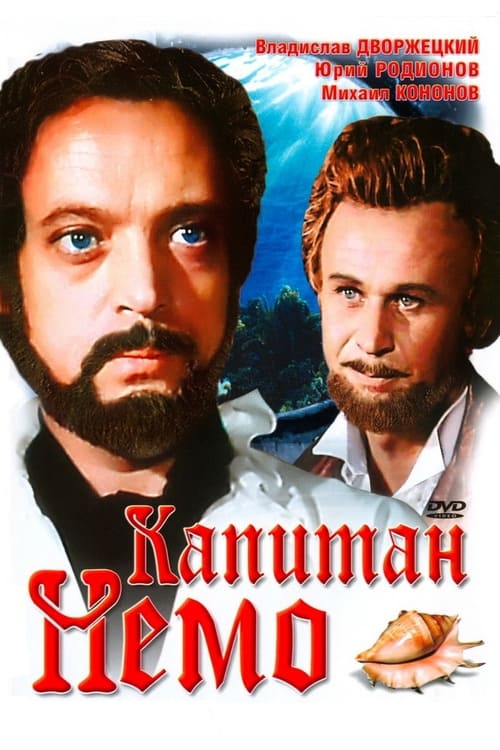
Captain Nemo
A Soviet three-part television miniseries directed by Vasily Levin loosely based on the novels Twenty Thousand Leagues Under the Sea.
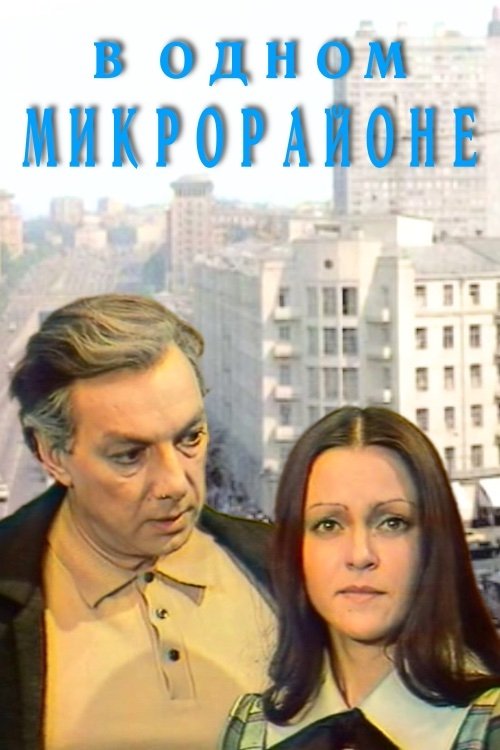 0
0In One Microdistrict
A new Soviet life is emerging in a new Moscow microdistrict. New people, new families, new neighbors. The elevator is not yet working, or is no longer working due to constant overload due to transporting furniture. Neighbors are just getting to know each other, getting to know each other, and gradually the lives of different families imperceptibly begin to intersect.
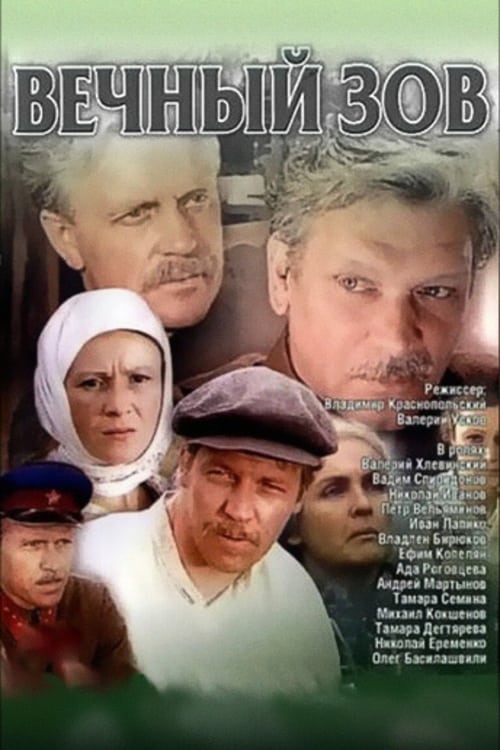
Eternal Call
A saga about the life of the Siberian Savelyev family during the period 1902 through the 1960s as they survive through three wars, a revolution, and Soviet government approval.
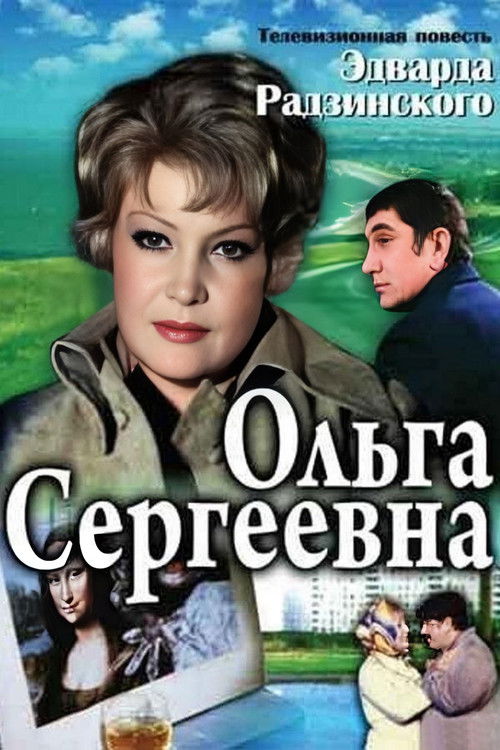 0
0Olga Sergeevna

What? Where? When?
What? Where? When? is an intellectual game show well known in Russian-language media and other CIS states since mid-1970s. Today it is produced for television by TV Igra on the Russian Channel One and also exists as a competitive game played in clubs organized by the World Association of Clubs. Over 17 000 teams worldwide play sport version of game, based on the TV show.

Сержант милиции
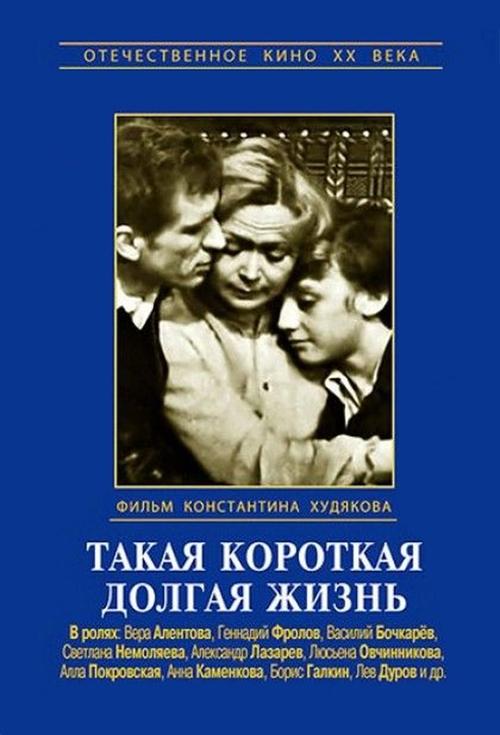
Такая короткая долгая жизнь
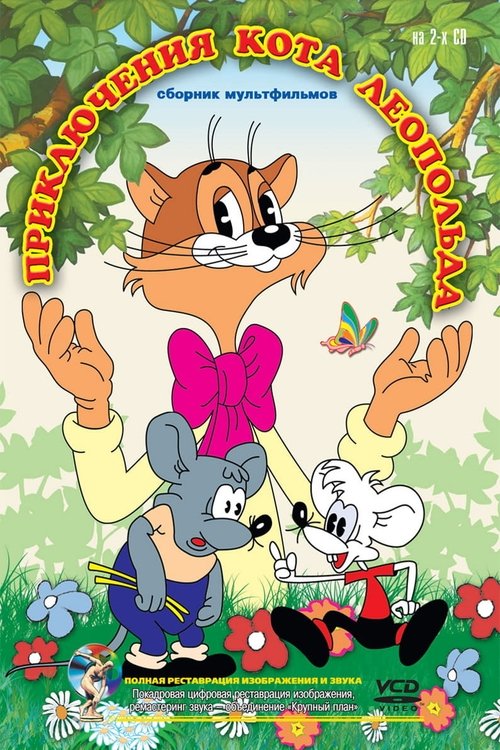
Leopold the Cat
Leopold the Cat is a Soviet/Russian animation series about the pacifistic, and intelligent cat, Leopold. Leopold always wears a bow tie even when swimming. He is always confronted by two mischievous mice, Grey and White. It was filmed by T/O Ekran in 1975 - 1987 and its runtime is 87 min. As of 1987, there were 11 episodes in total. Eventually, in 1995, most of the episodes were released on DVD. It was directed by Anatoly Reznikov, and the screenplay was written by Arkady Hayt. Boris Savelyev wrote the score. The cinematography was by Ernst Gaman, Igor Shkamarda, and Vladimir Milovanov. Nelli Kudrina did the sound. His catchphrase is - "Let's live in friendship, guys". The catchphrases of the mice are "Come out, Leopold!" by one and "Come out, you foul coward!" by the second.